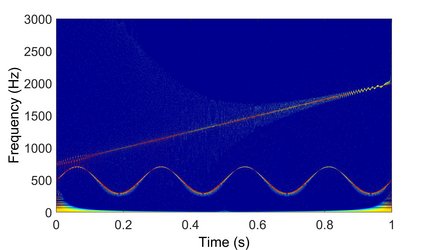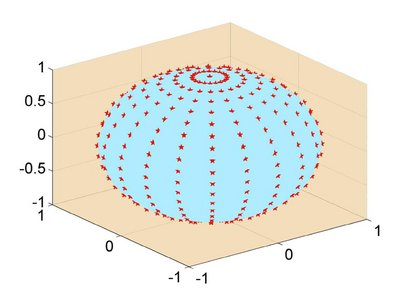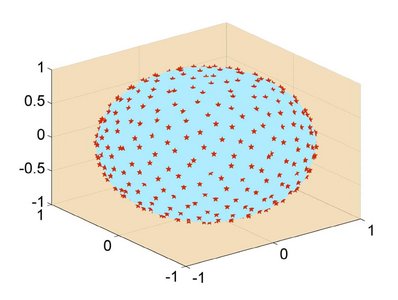The main activities of the group can be categorized into the following research areas, namely: i) multiscale signal processing and time-frequency analysis; ii) signal processing for multivariate data; and iii) synergizing multiscale signal processing and machine learning.

Analyzing nonstationary data requires accurately tracking time variation of signal frequencies, i.e., estimating instantaneous frequencies, in input data. This challenging task has been the focus of attention of researchers over the last many decades. While the advent of windowed Fourier Transform (in the late 1940s) and the wavelet transform (late 1980s) could be seen as two major breakthrough approaches towards the solution of this problem, they still suffer from inaccuracies in instantaneous frequency estimation, owing to the artifacts due to their fixed and predefined basis functions.
To address these problems, a recent line of work is focused towards data driven signal decomposition and time-frequency methods that make very little assumptions on input data and represents a major paradigm shift in the field. The resulting methods e.g., empirical mode decomposition, synchrosqueezed transform and variational mode decomposition have shown very promising results in a variety of applications spanning different fields.
Notwithstanding their recent success, data driven methods for nonstationary signals have their fair share of weaknesses that hinder their widespread utility in challenging real-life applications. Those include their empirical nature, sensitivity to noise and lack of convergence guarantees. Our group works on novel strategies to overcome those shortcomings by utilizing modern tools from optimization theory, multidimensional geometry and statistics. In addition to conducting research on the core theoretical side of data driven time-frequency methods, we work on their diverse applications including signal and image denoising, image fusion, biomedical signal analysis and classification and wind power forecasting.
Advances in sensor technology, aided by rising computational power, have resulted in abundance of multivariate data, exhibiting both unimodal and/or multimodal characteristics. Traditional approaches to process such data consider each channel independently thereby ignoring inter-channel correlations. Addressing that problem through a unified treatment of multivariate data in multidimensional spaces is an urgent requirement and a key objective of our research group. We aim to deliver state-of-the-art algorithms for multiscale processing of multivariate signals that would result in significant algorithmic improvements leading to reliable decision-making capabilities in multivariate data systems.


Machine learning (ML) - a type of artificial intelligence (AI) - has taken the world by storm by achieving and, in some cases, even surpassing human-level intelligence. That has led to the explosion of ML systems in diverse fields. In some application areas, however, including time series classification, ML based approaches have only recently started to emerge and have yet to achieve their true potential. Our group will undertake activities and projects to investigate synergizing data driven multiscale signal processing and ML to unlock true potential of both enabling technologies in the real-world applications.